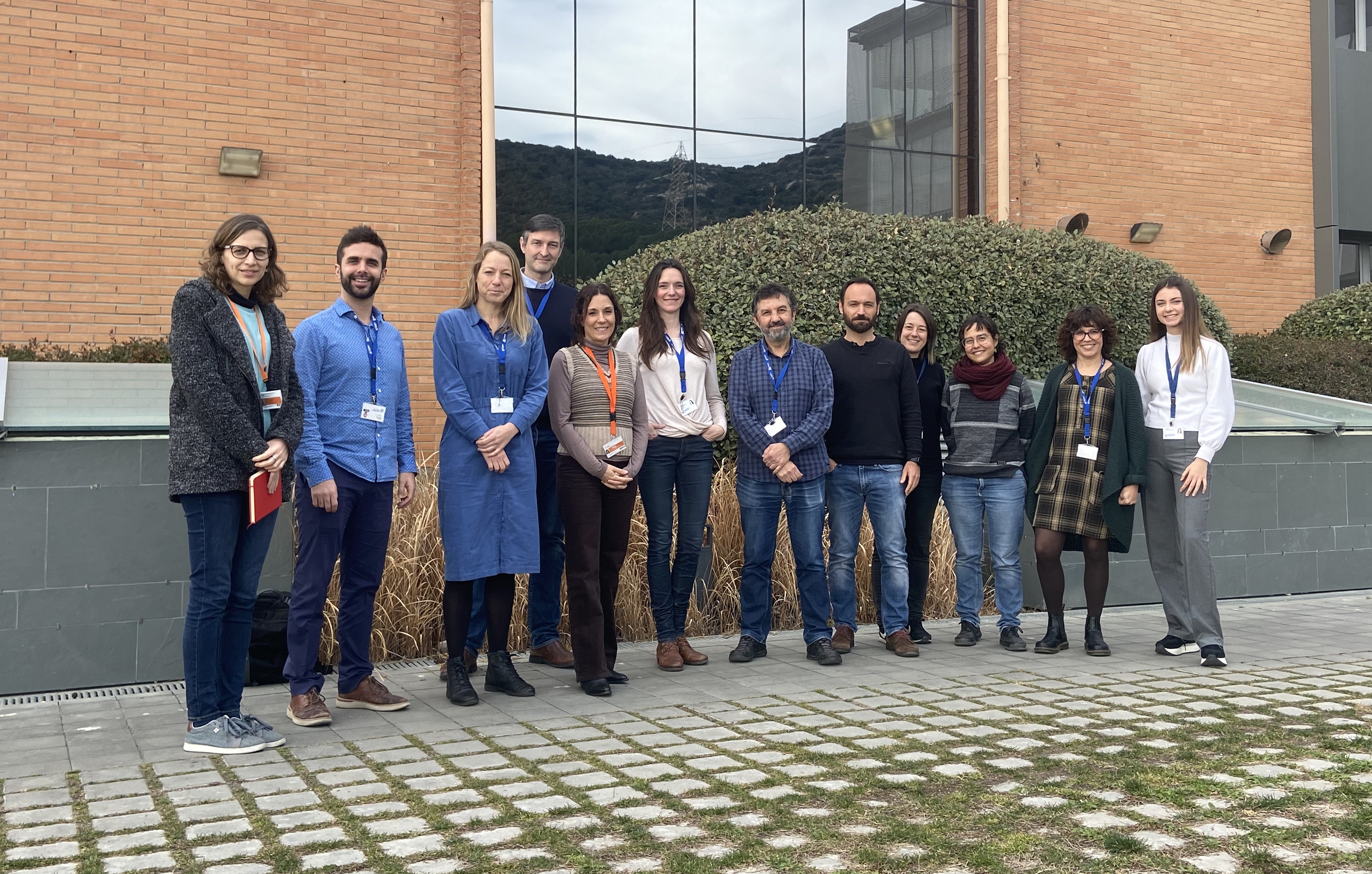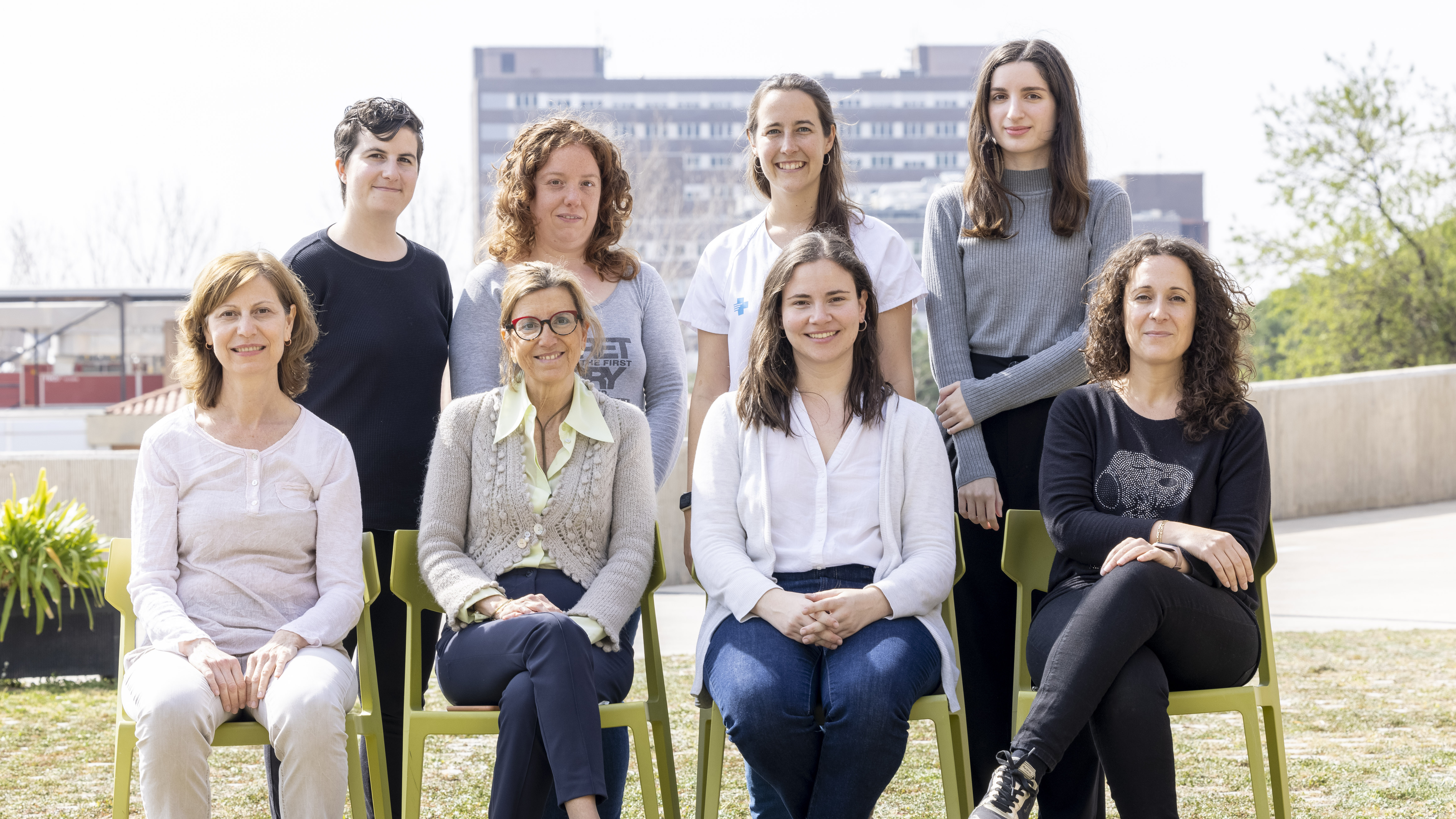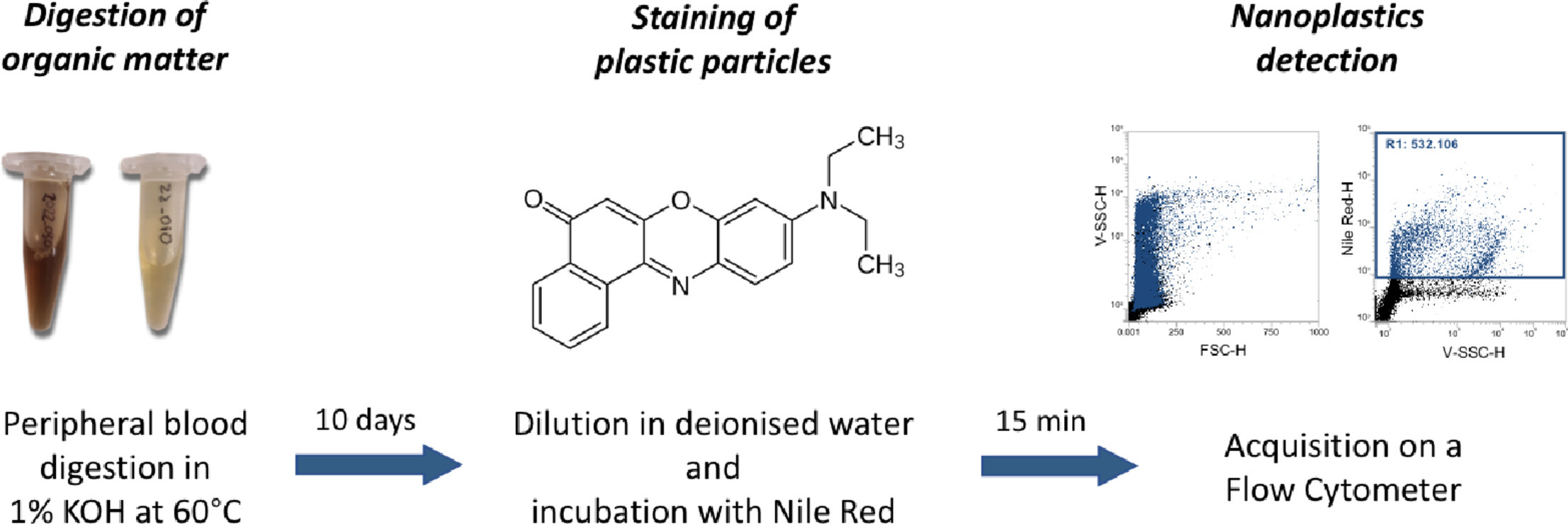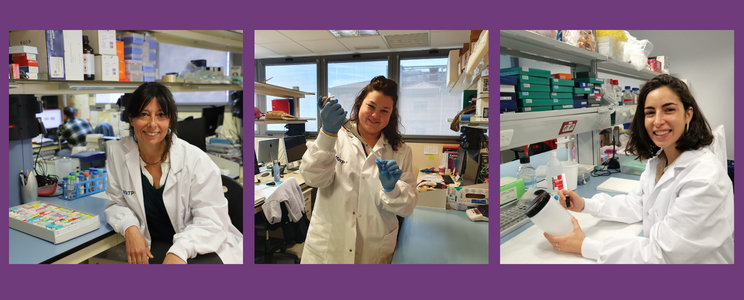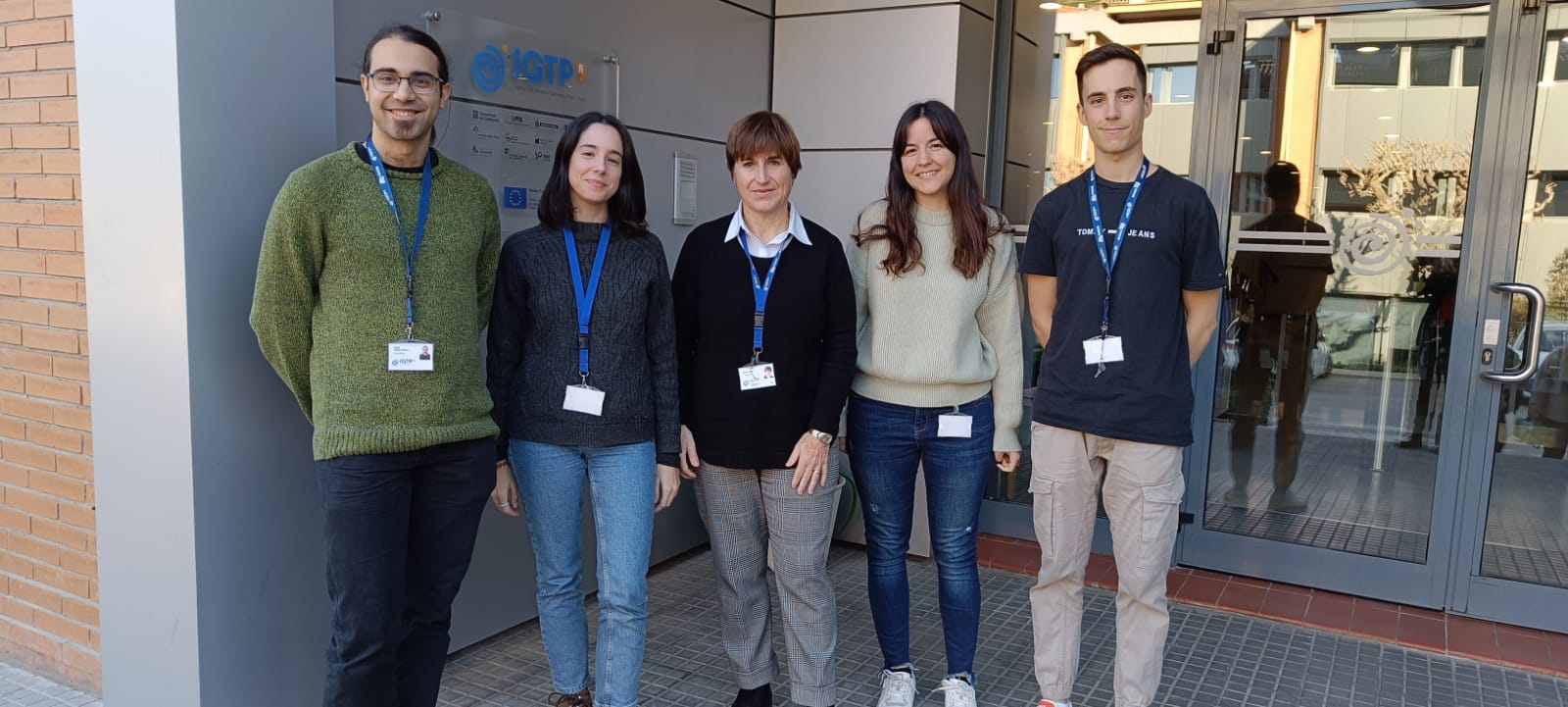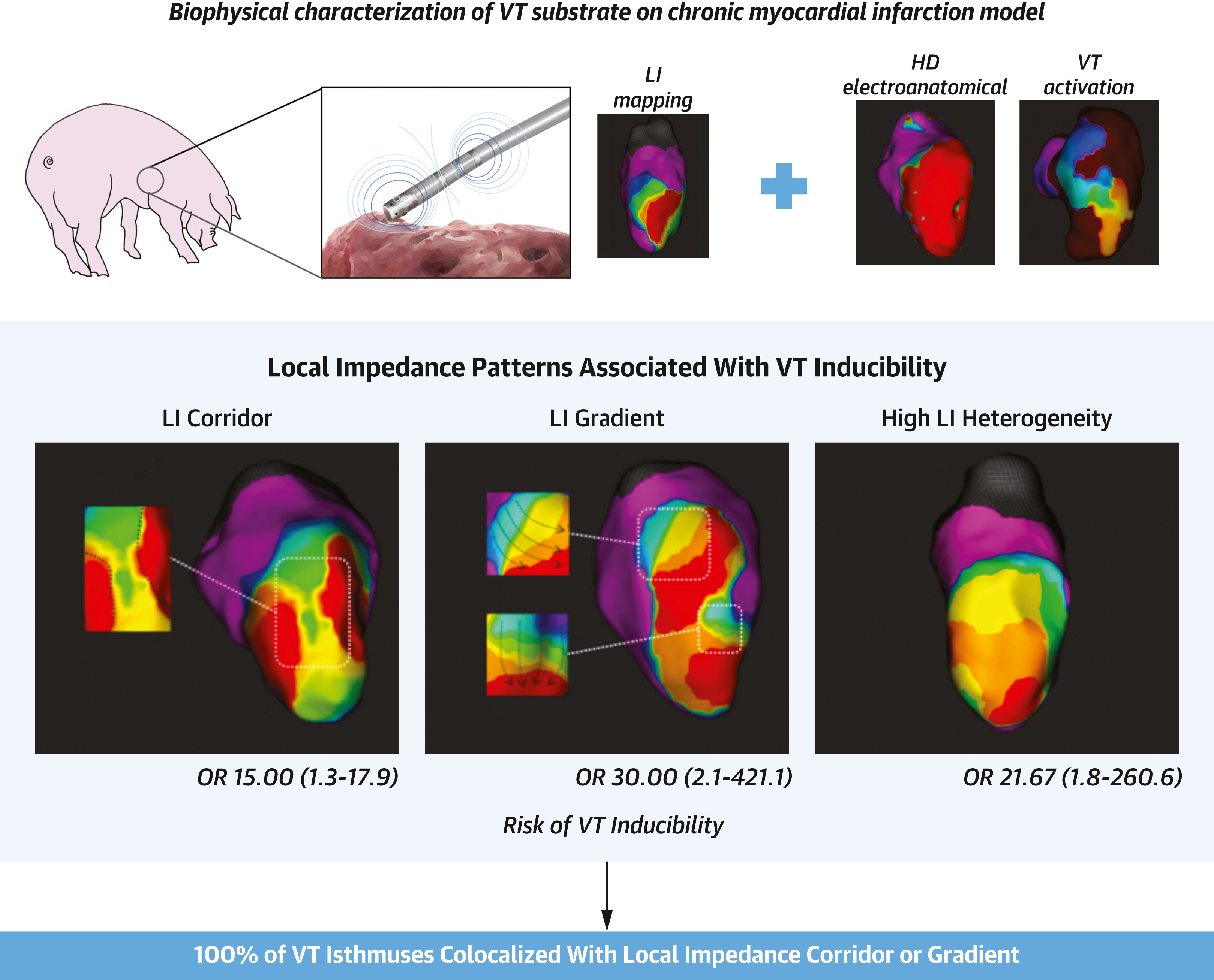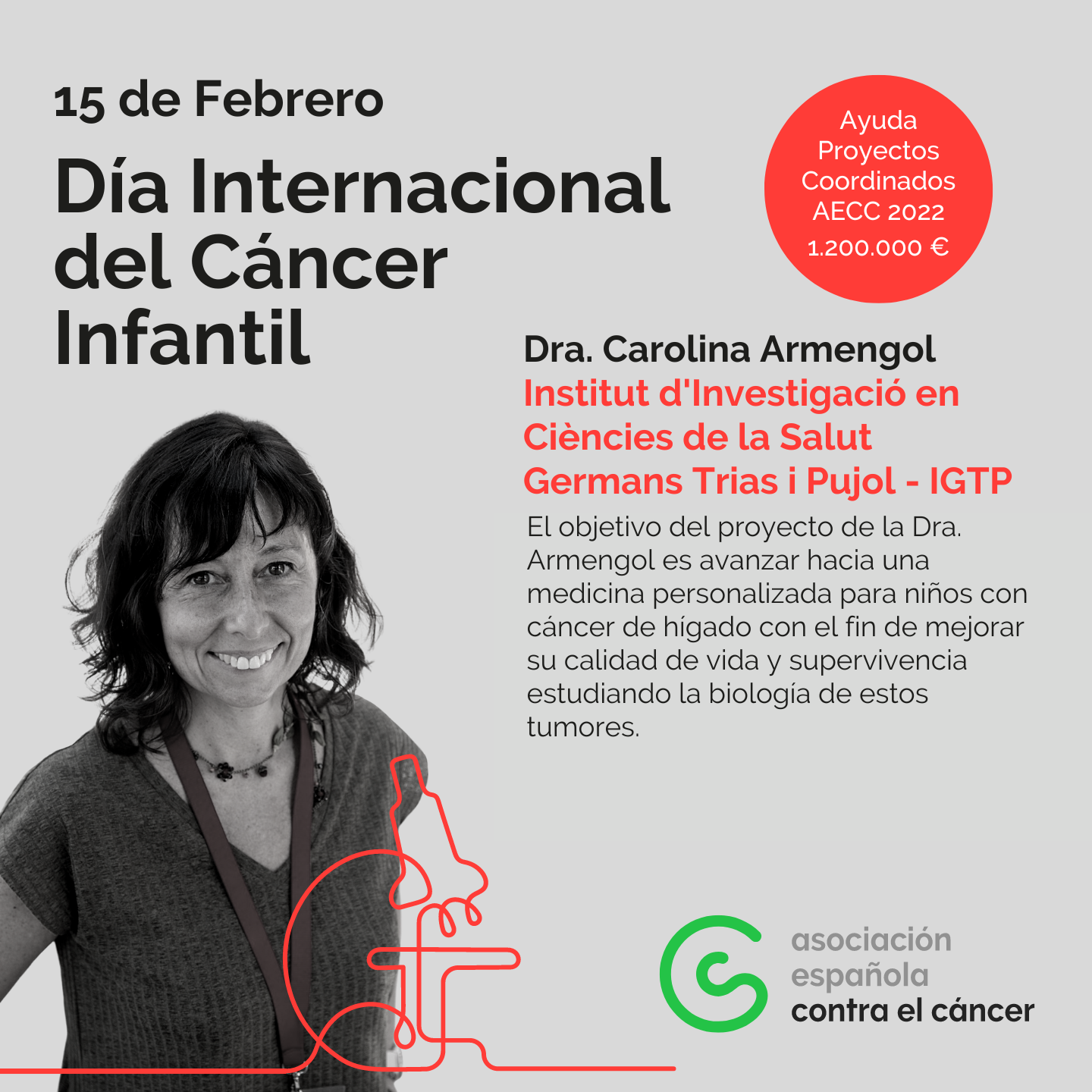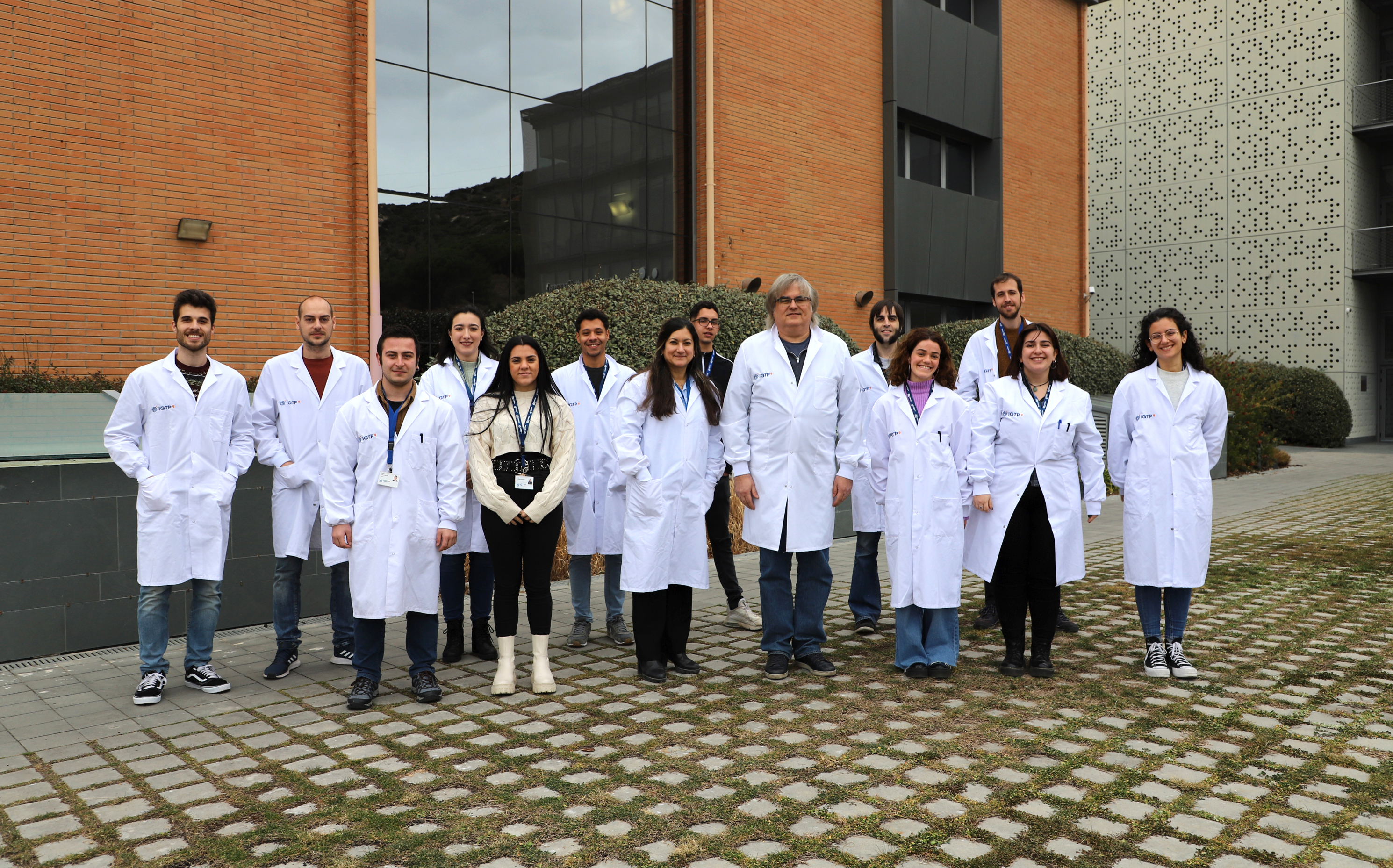Aniling, IGTP and ICO awarded €1.8 million from the Spanish government to develop a theragnostic tool for personalised management of colorectal cancer
The consortium made up of Aniling, the Germans Trias i Pujol Research Institute (IGTP) and the Institut Català d’Oncologia (ICO) has been awarded €1.8 million from the Spanish State Research Agency (AEI) for the development of a new theragnostic tool to personalise the management of colorectal cancer (CRC) patients.
